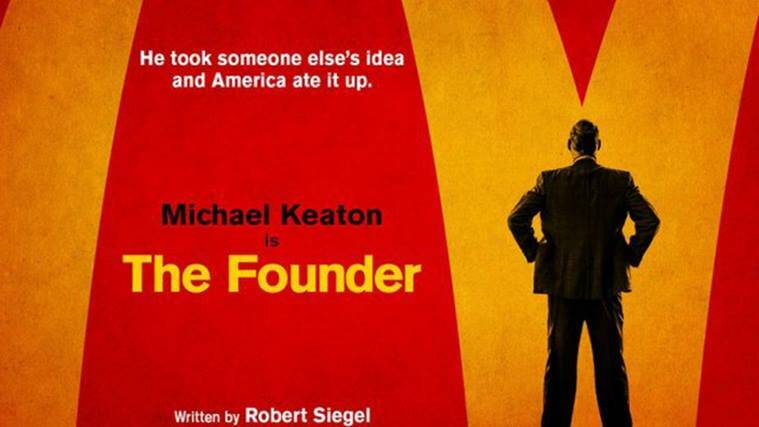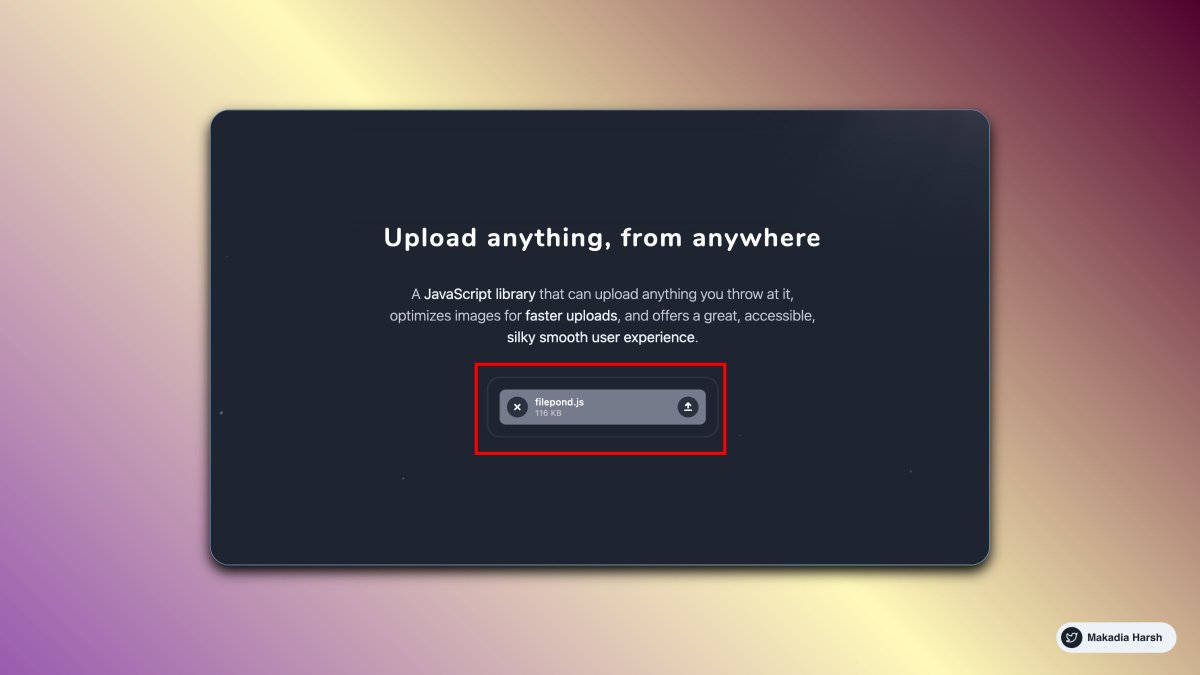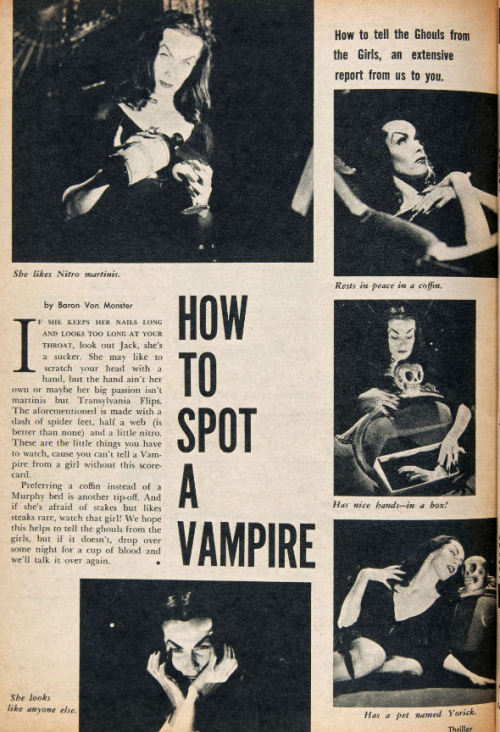Lessons to learn:
- Branding
- Solve consumer problems
- Adopt a working system
- Persistence










Most movies don't inspire.
— Harsh Makadia (@MakadiaHarsh) December 1, 2022
But the right ones can lift you up.
Here are 10 movies about startups, entrepreneurship, and the business world that you MUST watch:











Donald Barr had a way with words. pic.twitter.com/JdRBwXPhJn
— Rudy Havenstein, listening to Nas all day. (@RudyHavenstein) September 17, 2020
